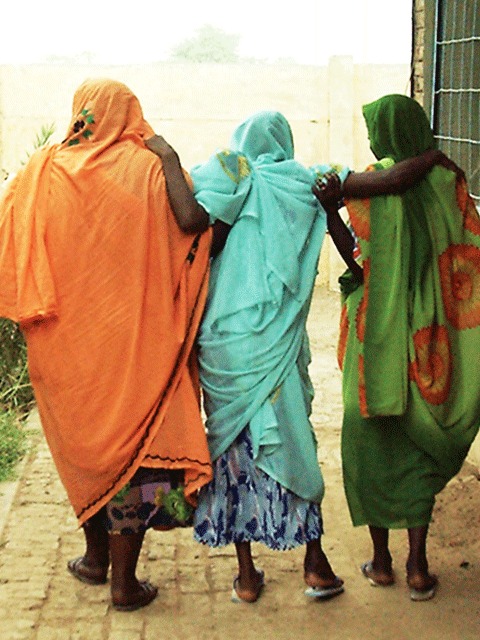
Neglected tropical diseases (NTDs) are a diverse group of 20 conditions. They affect the poorest of the poor in poor, remote communities, mainly in tropical and subtropical countries. WHO estimates that over 1.7 billion of the world’s population are affected by these NTDs and need support and care. They have massive negative medical, health, and socio-economic impacts on patients, families, communities, and the endemic countries’ health systems.
NTDs disproportionally affect children, women, and people with disability. The affected people lack a strong political voice, visability and have a low status in public health priorities.
Many preventable environmental factors contribute to the causation and progression of the diseases. Most of the NTDs have animal reservoirs and are vector-borne. Poor environmental hygiene and low socio-economic and health education levels are the most important characteristics of the affected populations. These explain the high morbidity and mortality among NTDs victims. Furthermore, the long-term disabilities, deformities, social stigma and exclusion complicate these patients’ and families’ lives, leading to more poverty, productivity loss, educational dropout and illiteracy. However, these diseases are treatable and preventable
An increasing number of international and national associations, societies, and NGOs got interested in combating NTDs, but that is way less than the required to control and eliminate these devasting preventable problems. The WHO has developed a Global NTD Roadmap 2012-2030. The roadmap requests stronger accountability, intensified cross-cutting approaches, and a change in the operating model and culture, with more ownership taken at the country level. The diseases integrated approaches, multisectoral coordination, universal health coverage and country ownership are the pillars of controlling these NTDs; hence, this NTDs Paedia forum aims to achieve.
